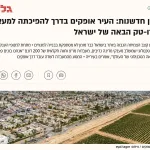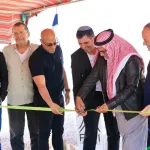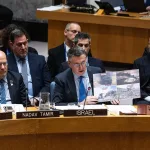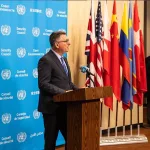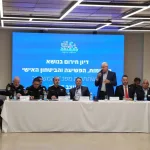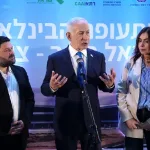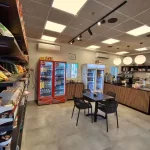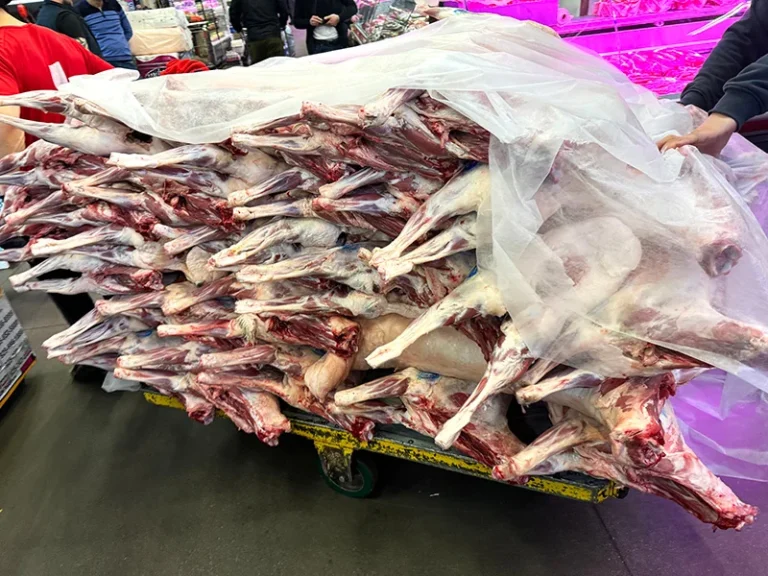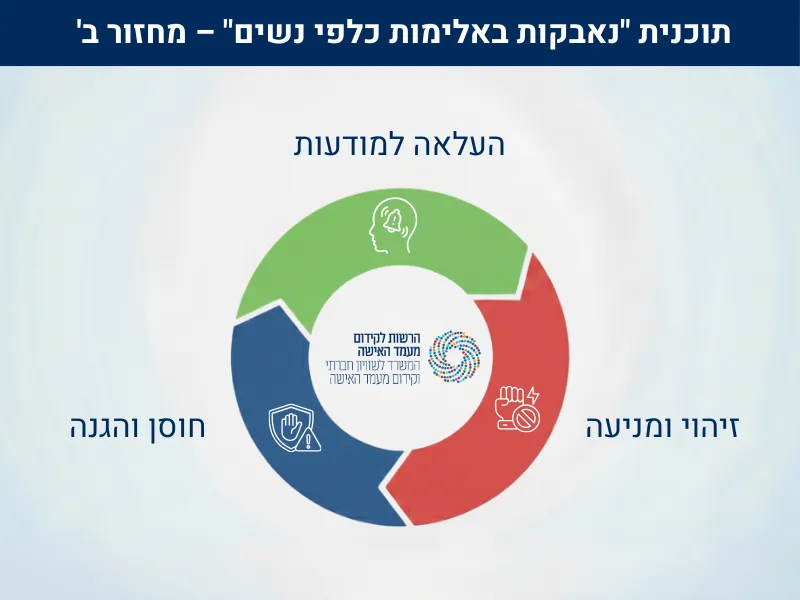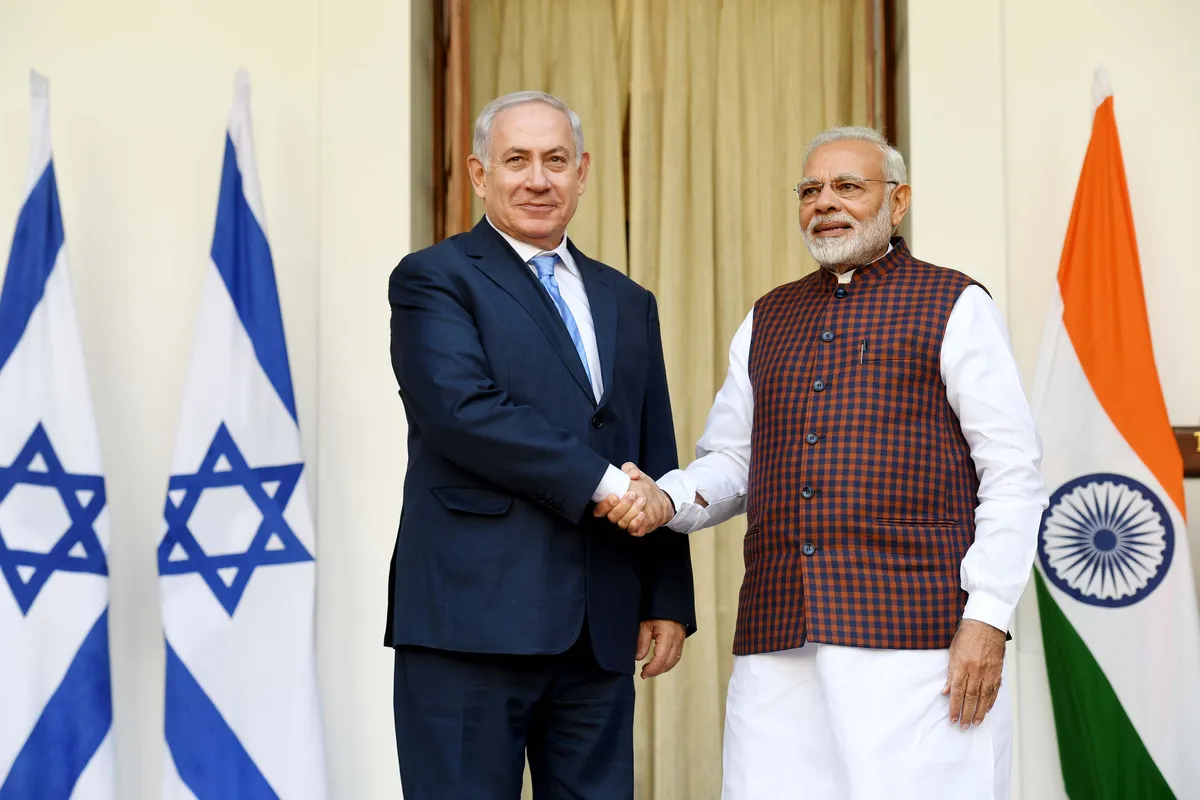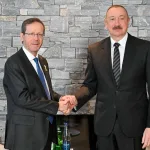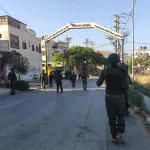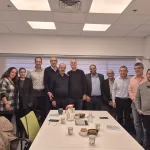As part of the implementation of Government Resolution 550 (Hebrew) to reduce socio-economic gaps in Arab communities, the ministry of Environmental Protection is publishing a new call for proposals to support local authorities in Arab society. The goal is to establish and upgrade systems for the collection and treatment of waste and carcasses. Carcass and animal by-product waste is meat residue generated from livestock farming, slaughterhouses, and butcher shops, as well as from home-yard slaughtering, which is common in Arab communities, especially during holidays and weddings.
The support will enable local authorities to improve organic waste management and prevent environmental and health nuisances. The call for proposals is intended to provide real support to local authorities and regional clusters interested in establishing dedicated infrastructures for the removal and treatment of animal by-product and carcass waste, which will reduce environmental nuisances and improve organic waste management.
Idit Silman, minister of Environmental Protection: “We are investing significant resources, 50 million ₪, in the treatment of organic waste in Arab communities for the benefit of the environment and the quality of life for all of us. Support for the establishment of advanced collection and treatment systems for animal by-product and carcass waste will help prevent odor and sanitation nuisances and reduce soil contamination. The authorities will be required to operate a regular removal system, meet strict environmental standards, and ensure that the waste and carcasses are not landfilled but are directed to a regulated treatment process. This is how we will provide residents with a cleaner, healthier environment”.
Rami Rosen, Director General of the ministry of Environmental Protection: “The treatment of animal by-product and carcass waste is an environmental and sanitary challenge that requires advanced solutions tailored to local needs. Through the extensive support we are providing, we can establish systems that will ensure regular removal, standardized treatment, and protection of the soil, water, and air. This will improve the quality of life in Arab communities and strengthen the environmental resilience of local authorities”.
Who is the support intended for?
Applications for grants under this call for proposals can be submitted by local authorities in Arab society with a population of more than 20,000 residents, as well as by municipal unions and clusters of local authorities. The support will help fund removal infrastructures, contracts with authorized collection contractors, and ensure proper environmental treatment of animal by-product and carcass waste, in accordance with the Ministry of Environmental Protection‘s strict environmental standards.
The support will be provided for:
- Establishing infrastructure for the collection of animal by-product and carcass waste, including concrete pads and dedicated collection containers.
- Participating in the funding of removal and transfer services for animal by-product and carcass waste to authorized treatment facilities: The Ministry’s support will cover 95% of the service cost in the first year, 85% in the second, and 75% in the third.
- Participating in supervision and enforcement activities to ensure compliance with environmental standards.
- Supporting future planning for the operation of the system after the initial subsidy period.
The Ministry of Environmental Protection is working to reduce environmental and health nuisances caused by the dumping of animal by-product and carcass waste in public spaces, as part of national efforts to improve the quality of life in Arab communities. Under this call for proposals, local authorities that receive support will be required to operate a regular removal system, comply with strict environmental quality standards, and ensure that the waste and carcasses are not landfilled but are directed to a regulated treatment process.

